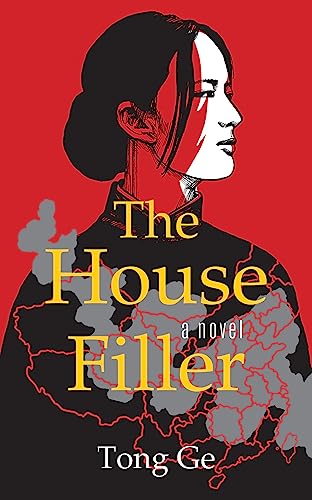The House Filler
It is 1918, in East-Central China. A woman contemplating marriage might have rosy thoughts. Instead, our extraordinary protagonist, Golden Phoenix, contemplates a Chinese saying: ‘A daughter-in-law is made by beating just as dough is made by kneading. I only hoped I wouldn’t be kneaded too hard.’ She knows that she is an old maid at twenty-six, and at best she can be a “house filler”. Her father put off her foot-binding for two years too many, and that put paid to her prospects in the marriage market. Tong Ge’s unflinching description of the little girl’s foot-binding prepares readers for the voice of the rest of this saga.
Aphorisms abound throughout the story that unfolds, covering a vast swathe of history, but staying anchored in the daily lives of Golden Phoenix and her family. When she discovers that she has been misled about her husband, she rationalises: ‘I felt cheated, but once rice is cooked, nobody can make it raw again.’ As she realises that she must do more than her fair share of the household chores, she likens this to fast cattle being whipped.
When momentous events take the whole of China by storm, her family is buffeted as well: ‘Blessings do not come in pairs, and calamities never come alone.’ Quotidian struggles give way to horrendous tragedies with the Japanese invasion, the civil war between the Communists and the Nationalists, and the iron-fisted regime of modern China. Golden Phoenix and her family go through incredible pain. In simplistic works, the ones who inflict pain under an occupying power would face retribution when the regime changes. This is no such fairy tale. It is a testament to the power of spirit; a work reminiscent of Yu Hua’s To Live but also one with a unique, wry voice.










